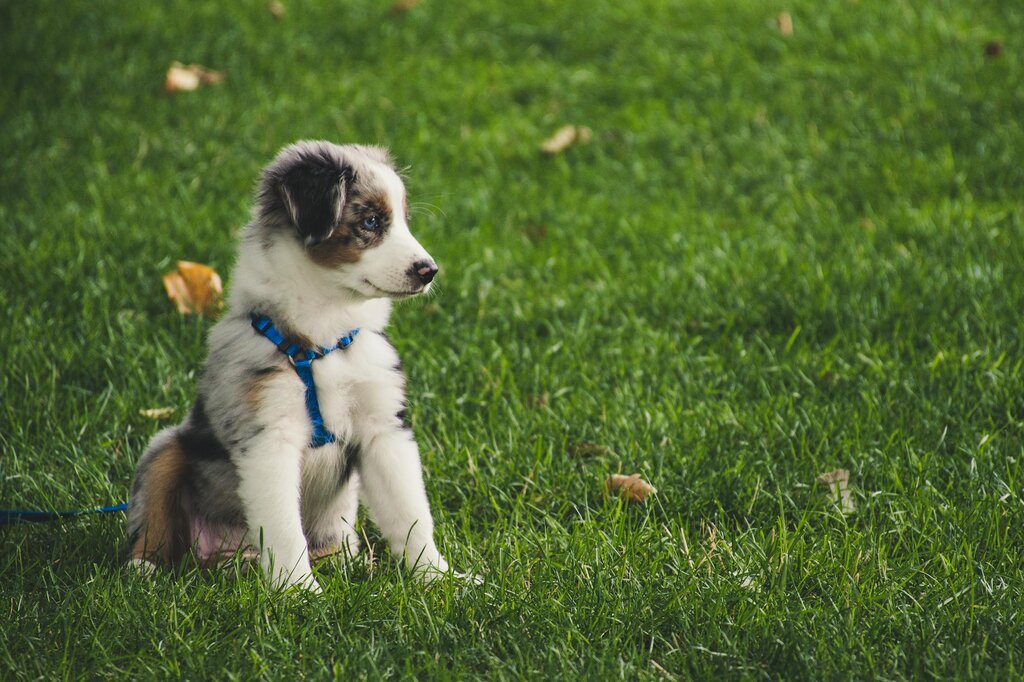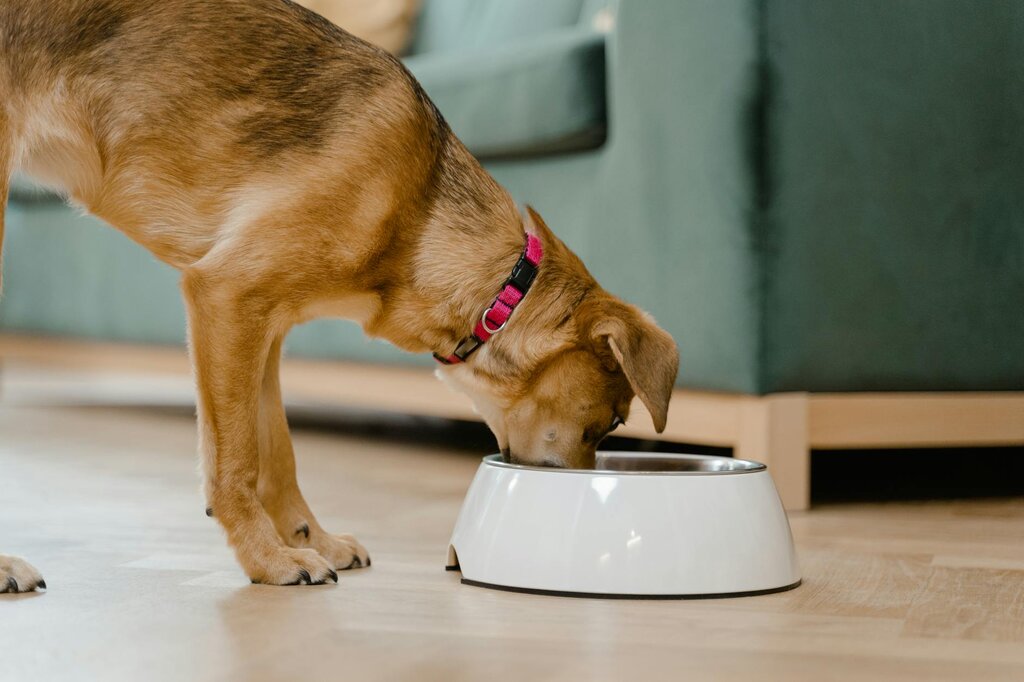Last Updated: 18/06/2025
Mucus in Dog Poop Explained: Causes & Solutions
Noticed mucus in your dog's poop? Find out what's normal what's not and when it's time to call the vet.
Author: Dr Maree Monaghan BVSc (Hons)
Reading Time: 16 minutes - medium read
As pet parents, we often find ourselves in the less glamorous role of scrutinising our furry friend's bathroom habits. While it might not be the most pleasant task, observing your dog's stool can be a window into their overall health.
One such indicator that often causes concern is the presence of mucus in dog poop. Although it might seem alarming at first, mucus plays a crucial role in your dog's digestive system. However, changes in its appearance or amount can be a sign that something's amiss.
In this comprehensive guide, we'll delve into the slippery subject of mucus in dog poop - decoding what's normal, what's not, and when it's time to ring the vet. From dietary misadventures to underlying health conditions, we'll explore the various causes, provide practical solutions, and arm you with the knowledge to ensure your pup's wellbeing.
Understanding Mucus in Dog Poo

Your dog's digestive system is lined with a layer called the mucosa. This layer contains goblet cells which manufacture and secrete mucus - a slimy substance that is predominantly water but also contains proteins which give it its gel-like consistency.
Mucus has many roles to play in the digestive system which include:
- Protecting the body from pathogens
- Stopping the enzymes that are secreted into the digestive system from breaking it down
- Forming a home for the good bacteria in the colon
Small amounts of mucus in dogs' stools are quite normal and these are usually not noticeable. Faeces covered with a skin or jelly like coating of mucus are not normal, nor are large "blobs" of mucus in or around the faeces.
Common Causes of Increased Mucus in Dog Poo
Anything that causes inflammation in the intestines will trigger an increase in mucus production in the gut to bolster its protective role.
Diagnosing the Cause of Mucus in Dog Poop
As there are so many causes of abnormal mucus in dog poo, it is important to get a diagnosis from your vet before treatment.
The tests your vet may perform include:
- Faecal smear - Faeces are smeared on a microscope slide to look for fat and cellular material.
- Faecal floats - This involves mixing the faeces with a special solution so that the parasite eggs and protozoa float to the top. They are trapped on a microscope slide for examination under a microscope.
- Faecal PCR - This tests for the DNA of viruses, bacteria, and parasites in faeces. It is a much more sensitive test than a faecal float.
- Dysbiosis test - This lab test is used to work out if the bacteria in the dog's intestine (microbiome) are normal or abnormal.
Treatment Options
If your dog only has one or two episodes of mucus in their stool followed by normal faeces, then this generally doesn't need treatment. Mucus caused by a dietary indiscretion or recent diet change will often respond to fasting for 24 hours or feeding a bland diet like boiled chicken and rice. Probiotics are also helpful for restoring the correct balance of microbes in the gut. Dietary and non-infectious causes of mucus in the stool can be treated with products like Peptosyl.
Treatment for chronic conditions like IBD and allergies is focused on therapeutic diets that contain specific proteins which are highly digestible along with other beneficial hypoallergenic ingredients.
When to Seek Veterinary Help
- The mucus in the stool has persisted for more than 2 days
- The stool is watery
- There is any blood in the stool
- Your dog is lethargic, off their food, or vomiting
- Your dog is a puppy
Preventing Mucus in Poo

You can help to prevent mucus in your dog's poo by:
• Making sure your puppy has their full course of puppy vaccinations and your dog is up to date with their vaccinations for their whole life.
• Stick to an effective intestinal parasite control program that is tailored to your dog's age and lifestyle.
• Pick up faeces in your yard daily and never hose them into the ground.
• Be vigilant when out and about and don't let your dog eat anything from the ground or drink dirty water. You may need to consider using a muzzle if your dog is a scavenger, particularly if they spend time off lead.
• Make any dietary changes slowly over the course of one week.
• Consider a sensitive digestion diet if the problem persists. Great options include Pro Plan Sensitive Digestion Lamb for adults, or Pro Plan Puppy Sensitive Skin & Stomach for puppies - either of these can be fed long term.
• Follow strict hygiene practices when feeding raw food or treats.
• Try a probiotic or digestive supplement like Paw Blackmores Digesticare as this can help create a healthy microbiome and reduce digestive abnormalities.
Top Recommended Products
Further Reading
Want to read more? Check out our other articles:
What is the best hypoallergenic dog food?
History
Our experts continually monitor the health and wellness space and we update our articles when new information becomes available.
Sun Feb 4 2024
Written by Dr Maree Monaghan BVSc (Hons)Dr Maree Monaghan BVSc (Hons)
Veterinarian
Dr. Maree graduated from the University of Queensland in 1990 with a Bachelor of Veterinary Science and has worked in a wide variety of practices around Australia and in Papua New Guinea. She has cared for all creatures great and small and has a particular interest in senior pets and horse nutrition

